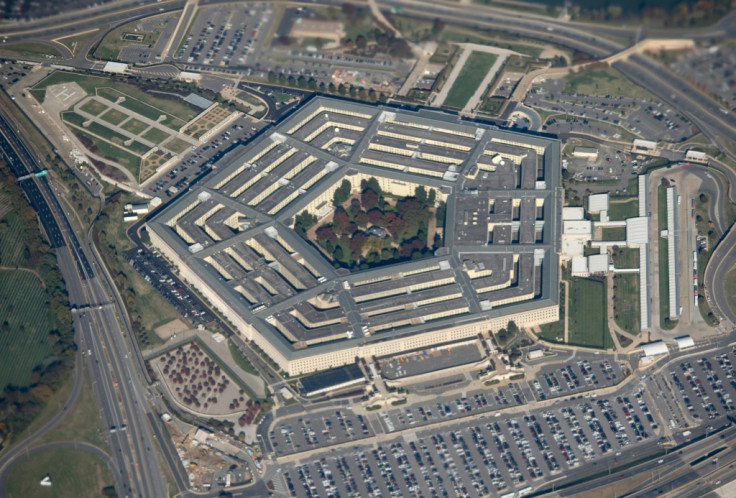Cancer research to benefit from cutting-edge AI as Pentagon seeks help from Google
The goal is to create an AI platform that would be integrated into augmented reality infrastructure that involves advanced microscopes.
Google continues to be one of the market leaders when it comes to artificial intelligence. Given its access to big data collected through its search engine and other supported outlets, company engineers should have enough to develop complex algorithms to aid in complex problems. It appears that the United States Department of Defense hopes to work with the internet search group to design a system that will help doctors study and treat military veterans with different types of cancers.
The goal is to create an artificial intelligence platform that would be integrated into augmented reality (AR) infrastructure that involves advanced microscopes. The goals to help specialists accurately locate tumours and understand its specific cellular structure and makeup to come up with an effective treatment. While the Pentagon plans to use it specifically for cancer, Google believes the innovation could be dynamic enough for general healthcare as well, according to Defense One.
"Health care is critical to the military's force readiness," as pointed out by the vice president of global public sector for Google Cloud Mike Daniels. "More important than that, or equally important, is funding for certain cancer-related programs. The DHA (Defense Health Agency) spends $1.7 billion of its annual budget on cancer research," he said.
"We are hoping by activating A.I. we are able to accomplish two outcomes," he added. "One is, better patient outcomes with respect to diagnoses, and two is to create some efficiency to help these pathologists sift through the enormous amount of data they have. It's an important practical application of A.I. at the point of care, to drive real-world outcomes that matter for our country."
The overall goal of the special programme between the Pentagon and Google is to reduce medical costs. Members of the military both on active duty or veterans would be qualified for the benefit. Once available, Veterans Affairs hospitals and Defense Health Agency (DHA) treatment facilities should have the equipment.

Those involved with the project reveal that the system will initially be configured to handle certain types of cancers. These include prostate, lymph node metastasis, breast, and cervical dysplasia. Moreover, aside from the original purpose intended by the U.S. Department of Defense and Google, it has the potential to be implemented for more than just cancer.
© Copyright IBTimes 2025. All rights reserved.





















